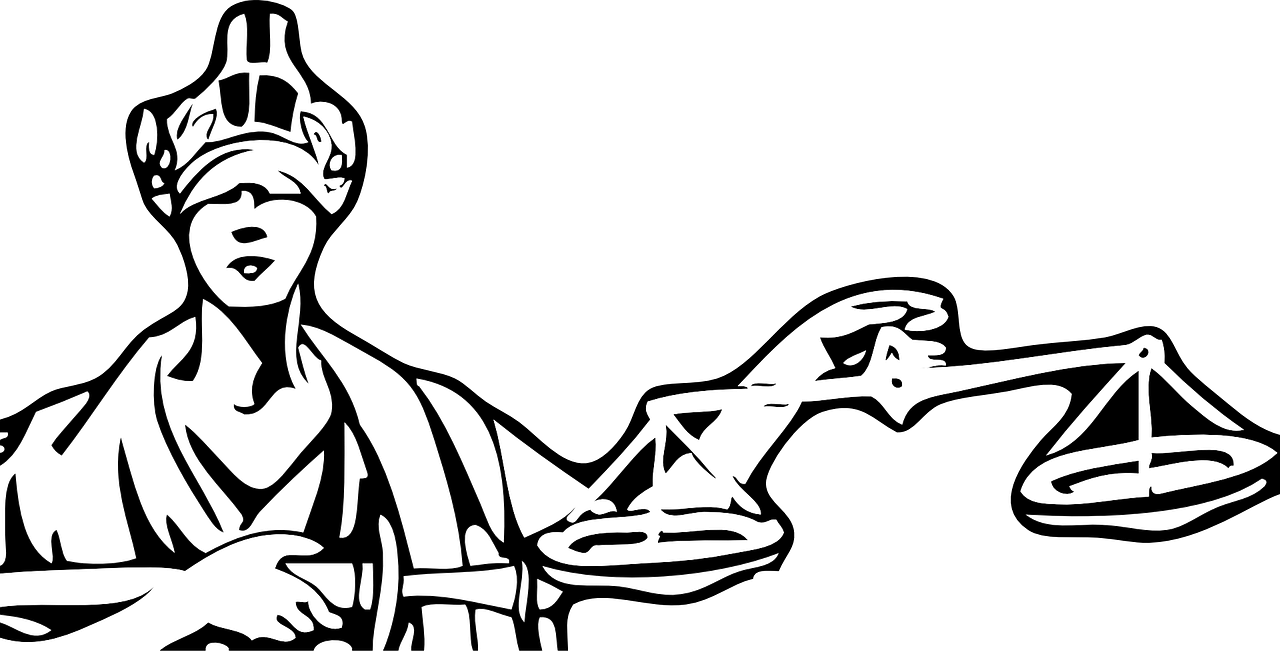Next follows an exposition of the difference between things; for if we maintained that all things were absolutely indifferent, the whole of life would be thrown into confusion, as it is by Aristo, and no function or task could be found for wisdom, since there would be absolutely no distinction between the things that pertain to the conduct of life, and no choice need be exercised among them. Accordingly after conclusively proving that morality alone is good and baseness alone evil, the Stoics went on to affirm that among those things which were of no importance for happiness or misery, there was nevertheless an element of difference, making some of them of positive and others of negative value, and others neutral.
Cicero (De Finibus)
One concept that sets Stoicism apart from other Hellenistic schools is that Stoics believed there is no good except virtue. Everything else is a vice or an “indifferent.” Vices are the opposites of the virtues: foolishness instead of wisdom, injustice instead of justice, cowardice instead of courage, and intemperance instead of self-control.
The term “indifferent” is loaded with nuance, but if you can think of a way something can be a net positive influence on your life and, at the same time, you can think of a way the something can be a net negative influence on your life, the something is likely an indifferent. For example, establishing a relationship with a new client feels great because it offers a chance to work on something new. But, as more and more work comes in, you might quickly realize you do not have enough time to do all the work as competently as the client deserves. Even worse, you realize no one else in the firm has time to do the work either. So, establishing a new relationship with a client is an indifferent; it has the potential to be a net positive on your life or a net negative.
Stoics took this concept one step further. Each indifferent can be a “preferred indifferent” or a “dispreferred” indifferent.” Essentially, into which category the indifferent may be placed is determined by the context. In the new client example above, for instance, the chance to work on new and exciting issues would be a preferred indifferent, but if the overwhelm foreseen above were to happen, that would be a dispreferred indifferent. Donald Robertson provides a great discussion of this topic on his blog, and I highly recommend it.
As attorneys, we cannot afford to be the type of indifferent most people think of when they hear the word “stoic,” which is some flavor of apathetic. We have a client to represent and are hired to advance that client’s interests. We must not, and likely cannot, be what is commonly referred to as “indifferent” to those interests. If we were indifferent, we may be willing to concede when we should not or provide only half-hearted arguments. We want the best possible outcomes for our clients. Thus, part of our job is to probe the client and determine what it actually is that the client wants, what are the preferred indifferents.
As you go about your work and life, begin to categorize your preferred indifferents and dispreferred indifferents. You will never completely remove the dispreferred indifferents from your life, but being more mindful of which type of indifferent you are facing will give you an opportunity to manage the risks caused by the dispreferred indifferents you do face. Managed risk, in turn, leads to better performance and happier clients at work and happier loved ones at home.


